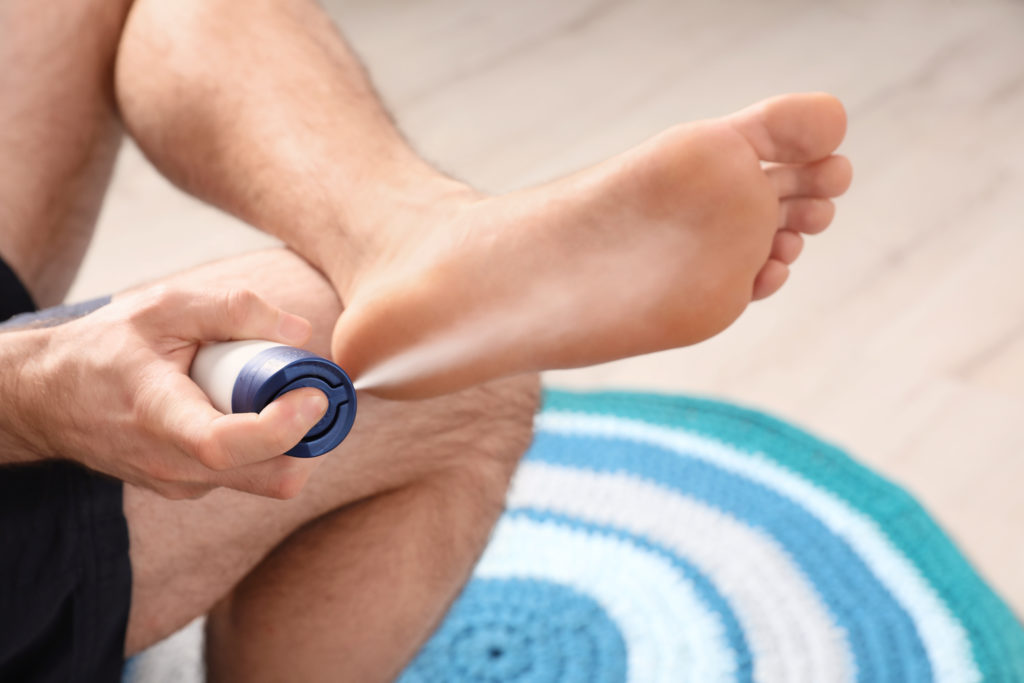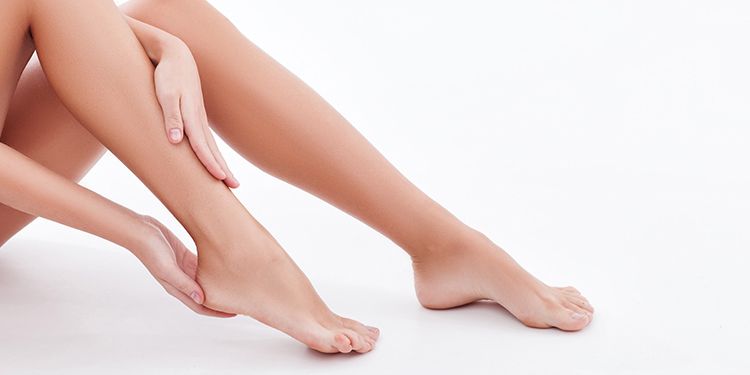Comprehending the Origin of Excessive Sweating and Its Influence on Daily Life
Excessive sweating, likewise known as hyperhidrosis, is a problem that impacts a significant part of the populace, yet its underlying causes and effects on day-to-day functioning remain somewhat enigmatic. While it is typically understood as a physiological reaction to control body temperature level, the triggers for extreme sweating can vary extensively among individuals, incorporating not just physical factors however emotional and additionally emotional elements. Moreover, the impact of this condition prolongs past mere discomfort, frequently affecting social communications and general top quality of life. By delving right into the origin creates of hyperhidrosis and discovering its multifaceted impacts, a much deeper understanding of this prevalent concern can be gained, clarifying the complexities that individuals coming to grips with extreme sweating browse on a daily basis.
Physiology of Sweat Glands
The policy of sweat production, a critical physical process, is largely regulated by the activity of sweat glands distributed throughout the human body. Sweat glands are categorized right into two major types: eccrine and apocrine glands.
When the body temperature rises, either because of physical activity, high temperature levels, or psychological stress and anxiety, the nervous system sets off the gland to create sweat. This sweat is made up largely of water and electrolytes like salt and chloride. The procedure of sweat production is essential for maintaining the body's interior temperature level within a slim, optimal array, highlighting the important duty gland play in human physiology.
Triggers for Excessive Sweating
In comprehending the origin causes of extreme sweating, it is vital to identify the triggers that can cause this physiological reaction. Extreme sweating, additionally known as hyperhidrosis, can be prompted by various aspects, both ecological and physiological. One usual trigger is emotional tension or anxiousness, which can stimulate the body's sweat glands to produce more sweat than is needed for cooling down. Physical physical effort, heats, and spicy foods are additionally understood to set off too much sweating in people prone to this condition. Certain clinical conditions like diabetes, hyperthyroidism, or menopause can add to extreme sweating as well.
Furthermore, medicines such as some antidepressants, opioids, and specific supplements can additionally work as triggers for hyperhidrosis. Understanding these triggers is essential in handling excessive sweating properly - Sweaty hands treatment. By recognizing and attending to the particular triggers that motivate excessive sweating in an individual, healthcare carriers can develop individualized therapy plans to reduce this problem and enhance the individual's lifestyle
Medical Conditions Associated
Connected with extreme sweating are numerous medical conditions that can worsen this physiological reaction. One common problem is hyperhidrosis, a condition characterized by unusually raised sweating that exceeds the body's thermoregulatory demands. This can manifest in focal locations like the hands, soles, underarms, or face, influencing a person's lifestyle because of social shame and discomfort.
Additionally, endocrine disorders such as hyperthyroidism, diabetes mellitus, and menopausal hot flashes can likewise result in too much sweating. Hyperthyroidism triggers an overproduction of thyroid hormones, increasing metabolism and activating sweating. Diabetic issues can induce sweating episodes, specifically during hypoglycemic episodes when blood sugar degrees drop too low. Menopausal warm flashes, associated click here now to hormone changes during menopause, can cause extreme and unexpected sweating, commonly accompanied by flushing and heart palpitations.
Additionally, infections like tuberculosis, endocarditis, and hiv have actually been related to evening sweats, a typical symptom known to interrupt rest view and affect overall wellness. These medical conditions highlight the diverse array of underlying elements that can add to too much sweating, requiring detailed evaluation and management by health care professionals.
Emotional and psychological Elements

Influence on Social Interactions
Too much sweating can have profound impacts on a person's capability to involve conveniently in social communications. The visible indications of sweat discolorations or wet spots on clothing can cause embarrassment and self-consciousness, triggering people to withdraw from social circumstances. This withdrawal can influence relationships, limitation social tasks, and hinder personal and specialist development.

Moreover, the stress and anxiety and self-confidence concerns originating from excessive sweating can affect communication and interpersonal skills. Individuals may have a hard time to concentrate on discussions, take part in team tasks, or express themselves confidently. This can result in feelings of isolation and loneliness, as social connections end up being challenging to maintain.
Final Thought

While it is generally recognized as a physical action to control body temperature, the triggers for excessive sweating can differ commonly among individuals, incorporating not just physical aspects but mental and also psychological aspects. By delving right into the origin triggers of hyperhidrosis and exploring its navigate to this website complex impacts, a deeper understanding of this prevalent problem can be gained, losing light on the complexities that individuals grappling with too much sweating navigate on a daily basis.
Physical physical effort, high temperatures, and spicy foods are additionally understood to trigger too much sweating in individuals vulnerable to this problem. By identifying and resolving the particular triggers that motivate extreme sweating in an individual, medical care companies can develop individualized treatment strategies to reduce this problem and improve the person's quality of life.
Extreme sweating can have extensive impacts on a person's ability to involve comfortably in social communications.